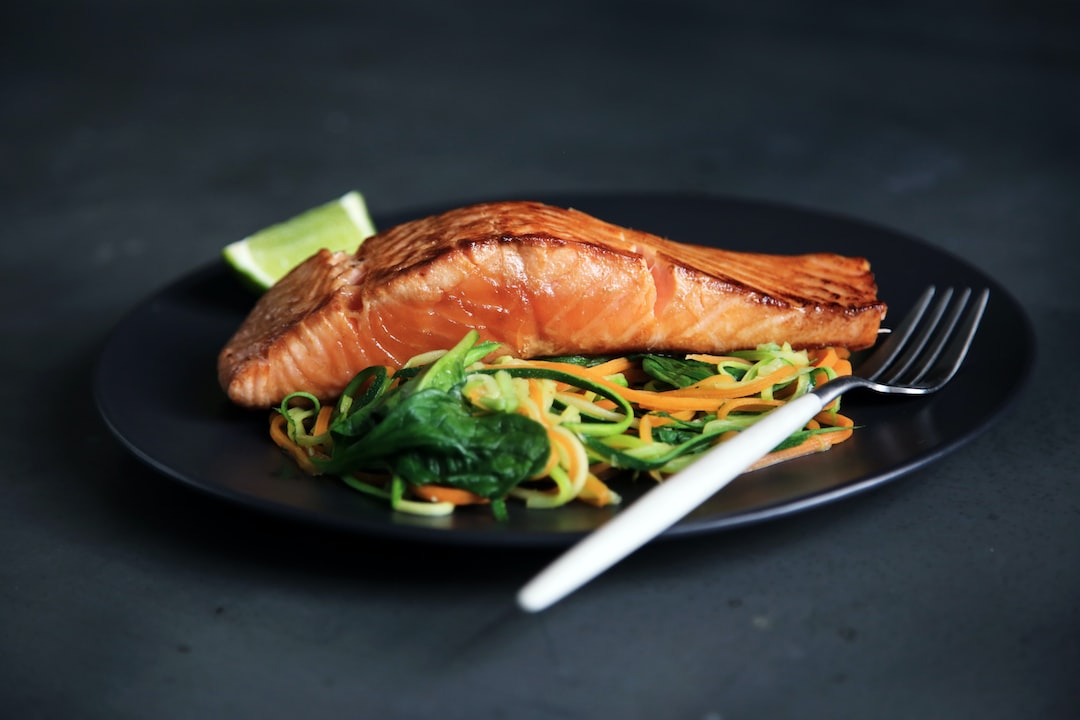Unveiling the Secrets of Indian Spices: A Flavorful Journey
India, a land known for its rich culinary heritage, has contributed immensely to the world of spices. The vibrant and diverse flavors that Indian cuisine offers are a result of the dazzling array of spices used. These spices not only add depth and complexity to dishes but also carry with them a long history of medicinal and cultural significance. Join us on a flavorful journey as we unveil the secrets of Indian spices.
1. Turmeric: The Golden Spice
Turmeric, often referred to as the “golden spice,” is widely recognized for its vibrant yellow color and earthy flavor. This ancient spice has played a vital role in Indian culture and Ayurvedic medicine for centuries. With its powerful anti-inflammatory and antioxidant properties, turmeric is known to ease digestion, boost immunity, and enhance overall health. From the traditional Indian curry to the famous golden milk, turmeric finds its way into a plethora of dishes.
2. Cumin: Aromatic and Versatile
Cumin, a staple in Indian cooking, is known for its warm and nutty aroma. This versatile spice adds complexity and depth to dishes and is widely used in both whole and ground forms. It aids in digestion, improves blood circulation, and even acts as a natural remedy for insomnia. Being an essential ingredient in garam masala and curry powders, cumin forms the base flavor for a wide range of Indian recipes.
3. Cardamom: The Queen of Spices
Cardamom, often hailed as the “queen of spices,” possesses a unique and intense aroma that is difficult to replicate. With its sweet and floral notes, it lends its enchanting fragrance to both sweet and savory dishes. Cardamom is known for its digestive properties and is often consumed after meals as a mouth freshener. Its presence is felt in the popular Indian dessert, kheer, as well as in numerous tea blends.
4. Coriander: Versatile Herb and Spice
Coriander is an essential herb and spice in Indian cooking. Its fresh leaves, known as cilantro, are used as a garnish in many dishes, while its dried seeds are ground to make coriander powder. Coriander adds a fresh and citrusy flavor to dishes and aids in digestion. It is an integral part of many spice mixes, such as garam masala and chaat masala.
5. Cinnamon: Warming and Aromatic
Cinnamon, with its warm and sweet aroma, is a beloved spice in Indian cuisine. It adds a comforting touch to both savory and sweet dishes. This aromatic spice is known to improve blood circulation, regulate blood sugar levels, and boost brain function. From biryanis to masala chai, cinnamon plays a crucial role in elevating the flavors of Indian dishes.
6. Fenugreek: Medicinal and Flavorful
Fenugreek, also known as methi, is a herb with a unique flavor profile. It has a slightly bitter taste and a sweet, nutty aroma. Fenugreek seeds are commonly used in Indian cooking and are known for their medicinal properties. They are known to aid digestion, regulate blood sugar levels, and enhance milk production in nursing mothers. Fenugreek leaves and seeds are integral to popular Indian dishes such as methi paratha and methi chicken.
7. Mustard Seeds: Small Yet Powerful
Mustard seeds, available in various colors, add a punch of flavor and texture to Indian dishes. The nutty and slightly pungent taste of mustard seeds is enhanced when they are tempered in hot oil. They are often used to add a final touch to dishes, such as dal tadka or vegetable stir-fries. Mustard seeds are known for their anti-inflammatory properties and may help in reducing the risk of heart diseases.
8. Cloves: Aromatic and Medicinal
Cloves, known for their strong and distinctive aroma, are used in both whole and ground forms in Indian cuisine. These small flower buds lend a warm and spicy flavor to dishes and are often used in rice preparations, curries, and spice blends. Cloves are known for their antimicrobial and antioxidant properties and are used in traditional Ayurvedic remedies for toothaches and digestive issues.
As we delve into the secrets of Indian spices, we discover not only their immense flavors but also their healing and cultural significance. These spices are more than just ingredients; they are the essence of a millennia-old culinary tradition. So the next time you savor an Indian dish, take a moment to appreciate the magic that Indian spices bring to your plate.

